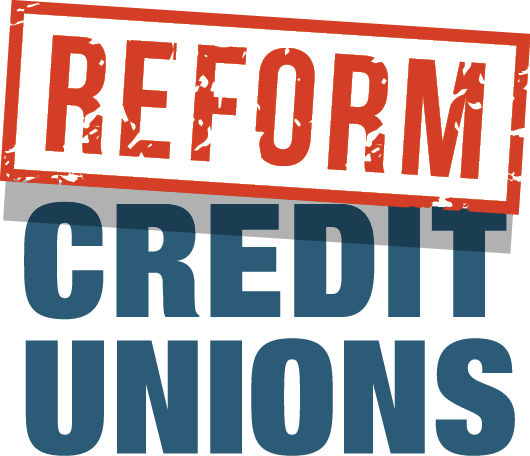America’s $2.2 trillion credit union industry, which enjoys a free federal tax ride and minimal oversight, is busy this fall in a coordinated lobbying blitz in Washington and across state capitals to further dilute its already dubious membership requirements.
These are not your grandmother’s credit unions. Largely gone are the days of small, community-based credit unions focused on providing financial services to lower- and middle-income families.
Indeed, one multi-billion-dollar credit union’s recent announcement demonstrates how tax-exempt modern credit unions prioritize expansion over their congressionally mandated mission of service to under-resourced individuals within a clearly defined community.
Virginia Credit Union (VACU), the largest state-chartered credit union in the Old Dominion, was originally known as State Employees’ Credit Union and served state employees. During the 1980s, it increased assets 800% and doubled its membership through a series of mergers that broadened its field of membership to include the state’s political subdivision employees.
In a sign of things to come, it also changed its name to Virginia Credit Union.
Throughout the next three decades, VACU fueled its growth by merging with other credit unions and expanding its field of membership to students, employees of different companies, members of various organizations, and individuals in numerous counties.
Then, in August 2022, it hit a wall.
After three years of litigation, brought by the Virginia Bankers Association and seven of its member banks, VACU’s effort to add the Medical Society of Virginia’s 10,000 members to its field of membership was denied by the State Corporation Commission (SCC). Although the SCC had initially approved VACU’s application, that decision was ultimately reversed as state law prohibits the addition of new groups with more than 3,000 members that have the means to form their own credit union.
Undeterred, VACU announced its intent to convert to a federal charter in 2024. This will enable it to widen its field of membership more easily, a key benefit of the charter change it highlights in its Frequently Asked Questions about the conversion.
While VACU maintains it does not intend to expand outside Virginia, one credit union lobbyist asserted “you really do need to have a federal charter if you do a lot of work across the country.”
Which raises the question, why would a not-for-profit financial cooperative that receives a tax exemption to provide basic consumer financial services to a well-defined group of individuals in a certain geographic area seek to expand its field of membership?
To help answer that question, a leading tax policy expert recently penned a Wall Street Journal op-ed tracing the evolution of credit unions away from their historic mission to their current emphasis on exponential expansion “as they expand into new markets, merge with other credit unions, make sponsorship deals, and even buy commercial banks.” Importantly, he also emphasized the need for congressional oversight.
A prominent voice within the credit union movement agreed, calling on the National Credit Union Administration to require greater transparency around credit union acquisitions of banks.
Members of Congress should take note of the significant issues raised by tax and credit union experts alike and hold a hearing on tax-exempt credit unions and the community benefits they allege to provide. Meaningful oversight of this tax-exempt industry is long overdue.
